LSE was founded by four members of the Fabian Society – Beatrice and Sidney Webb, George Bernard Shaw and Graham Wallas – but none of the quartet took on the leadership role of Director, instead recruiting William Hewins to do the job. Since 1895 LSE has had 18 such leaders – read a quick guide to them here. The post was named Director until 2023 when it was retitled President and Vice Chancellor.
William Hewins, Director 1895-1903
LSE’s first Director, William Hewins (1865-1931) was an economic historian whose organisational skills saw LSE grow from its beginnings in Adelphi Terrace to its new home in Passmore Edward Hall. He was later the Unionist MP for Hereford. Read more about William Hewins.
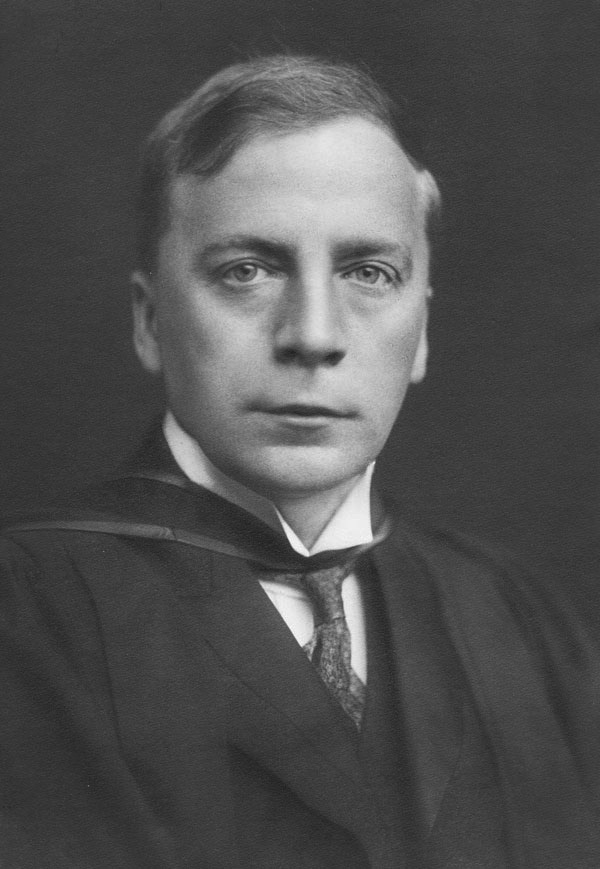
Sir Halford Mackinder, Director 1903-1908
A geographer hailed as the founder of geopolitics and geostrategy, Halford Mackinder (1861-1947) was the driving force behind the establishment of Oxford University’s Department of Geography. At LSE he was instrumental in setting up the Army Class which ran until 1932. From 1910 to 1922 he was the Unionist MP for Glasgow Camlachie.
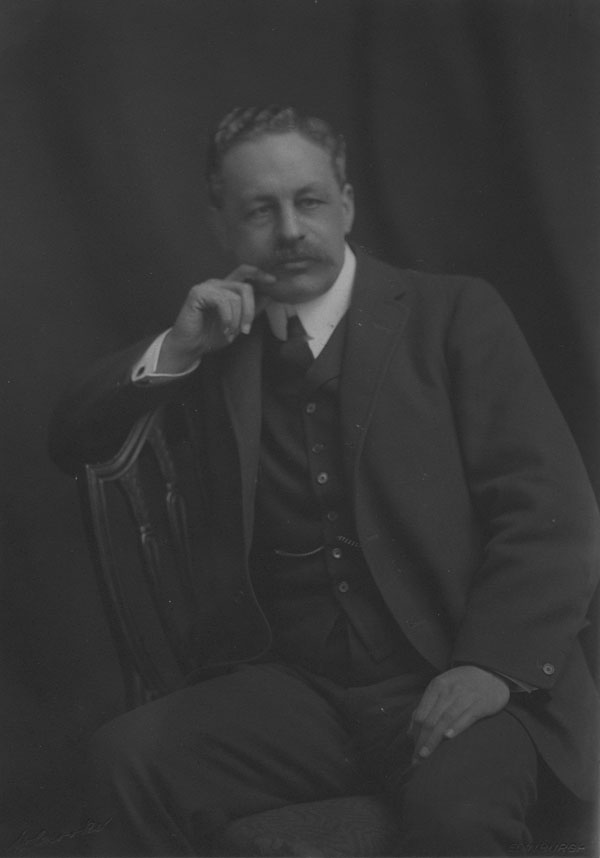
William Pember-Reeves, Director 1908-1919
A New Zealand journalist and politician, William Pember Reeves (1857-1932) was New Zealand High Commissioner in London prior to his appointment as LSE Director. His wife, Maud Pember-Reeves, was an active member of the Fabian Society. Pember-Reeves was Director during the First World War in which his son, Fabian, was killed.

Sir William Beveridge, Director 1919-1937
William Beveridge (1879-1963) joined LSE in 1919 after a career in the civil service. During his directorship the School’s buildings expanded on Houghton Street and LSE developed its contribution to the social sciences. He was active in the supporting refugee Jewish academics and was the author of the 1942 Report on Social Insurance and Allied Services, the basis for the post war development of the Welfare State. Read more about William Beveridge.
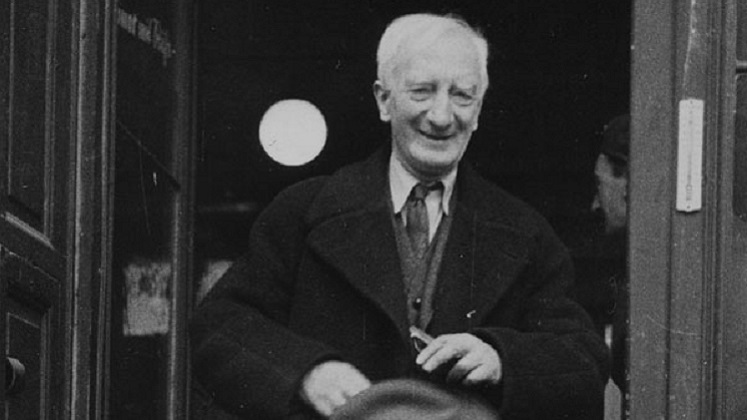
Sir Alexander Carr-Saunders, Director 1937-1957
Carr-Saunders (1886-1966) was a biologist and demographer who came to LSE from the Charles Booth Chair of Social Science at Liverpool University. He steered LSE through its World War II evacuation to Cambridge and persuaded Charlotte Shaw to support his scheme of a general reading library – today’s Shaw Library.
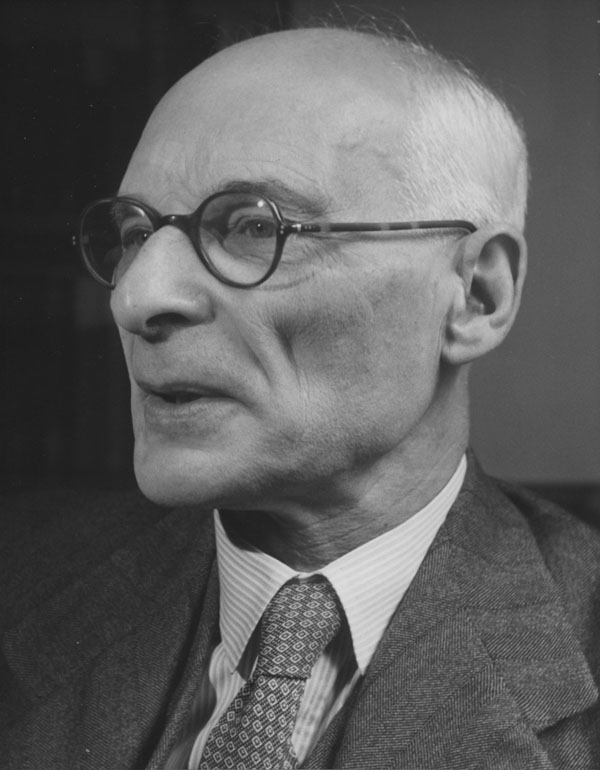
Sir Sydney Caine, Director 1957-1967
Sydney Caine (1902-1991)graduated from LSE with a first class degree specialising in economic history in 1922. He was the Finance Secretary of Hong Kong from 1937 to 1940 and Vice-Chancellor of the University of Malaya from 1952 to 1957. Caine oversaw the acquisition of St Clement’s Building and also handled the student unrest which marked the announcement of Walter Adams as his successor. Read more about Sydney Caine.
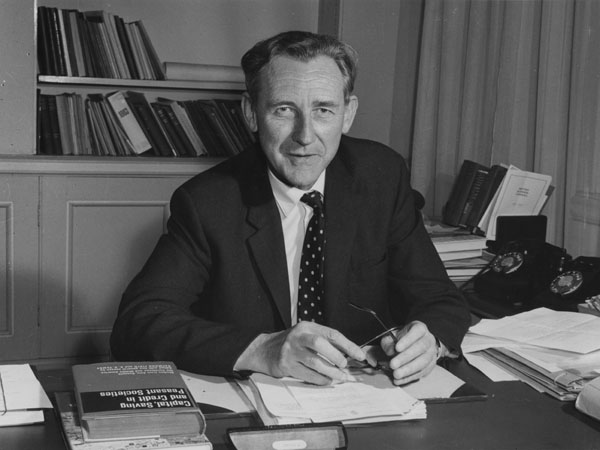
Sir Walter Adams, Director 1967-1974
Walter Adams (1906-1975) was secretary of the Academic Assistance Council established to support refugee scholars from Europe and was LSE School Secretary from 1938-1946, making Adams the only person to have been both Secretary and Director. In 1955-1967 he held the post of Principal of the University College of Rhodesia and Nyasaland, leading to student opposition to his appointment as Director. Read more about Walter Adams.
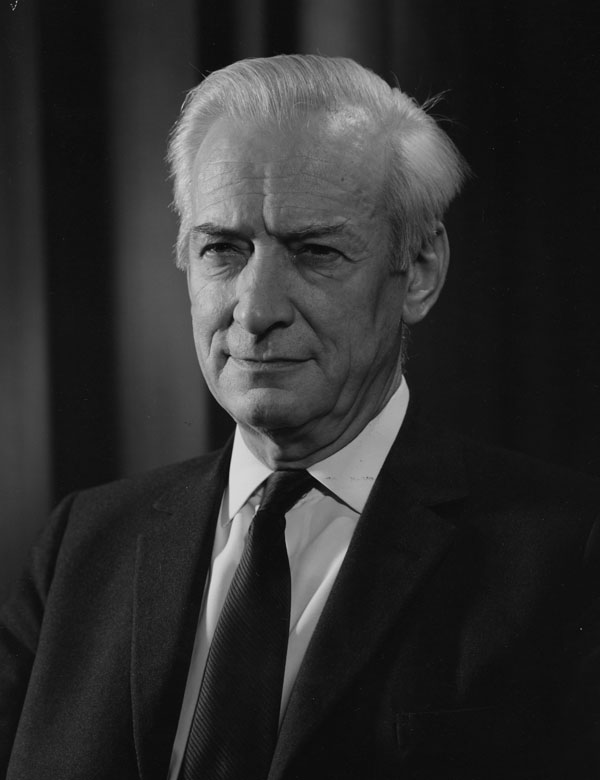
Ralf Dahrendorf, Director 1974-1984
Born in Hamburg Dahrendorf (1929-2009)was briefly imprisoned by the Nazis at the end of the Second World War after his father was implicated in the July plot to assassinate Hitler. Dahrendorf completed a PhD thesis at LSE in 1956 (his second doctorate). He combined a career in academia and politics serving as a European commissioner and becoming LSE Director in 1974. He was later Master of St Anthony’s College, Oxford.
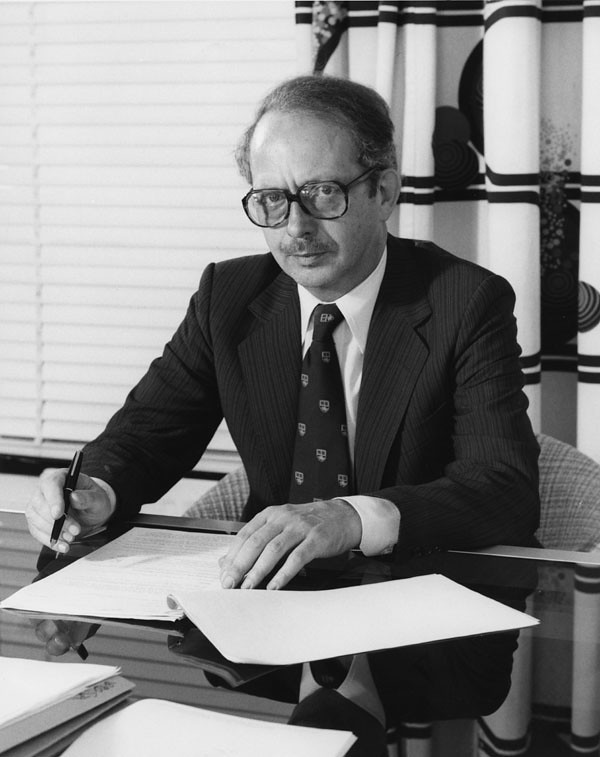
Indraprasad Gordhanbhai (IG) Patel, Director 1984-1990
An economist born in Vadodara, in Gujerat Patel (1924-2005) was Deputy Administrator of the United Nations Development Programme and Governor of the Reserve Bank of India. I G Patel later taught at the Maharaja Sayajirao University of Baroda in Vadodara.
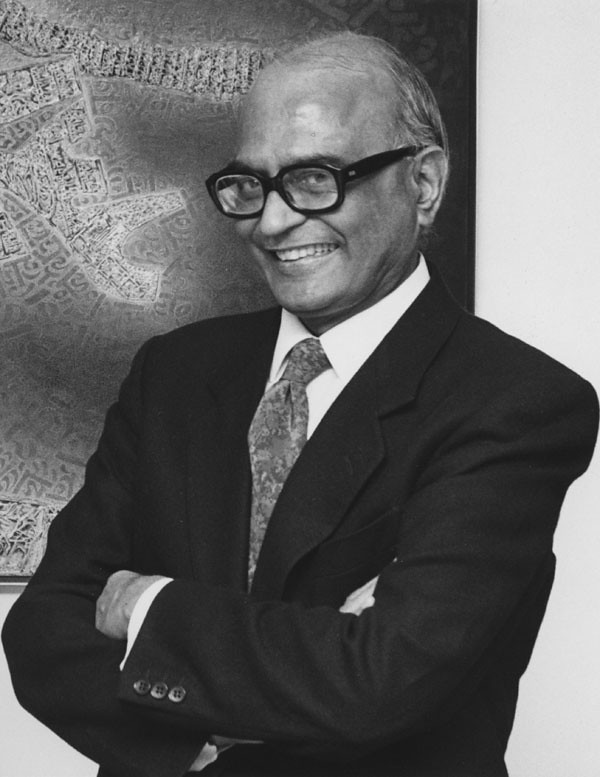
Sir John Ashworth, Director 1990-1996
John Ashworth (1938-) was Professor of Biology at Essex University before joining the Cabinet Office as chief scientific adviser to the government in 1976. He was Vice Chancellor of Salford University 1981-1990. After leaving LSE Ashworth became chairman of the British Library Board.
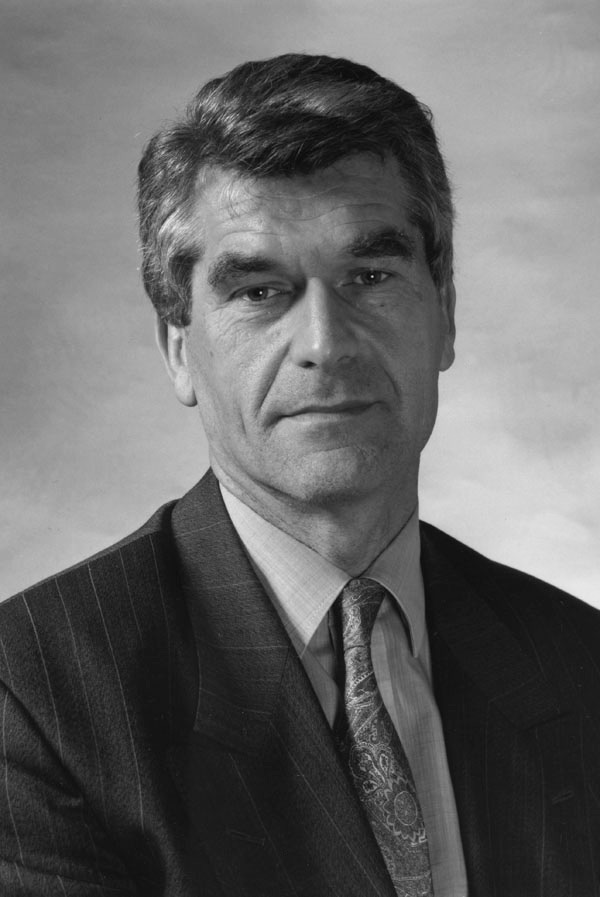
Sir Anthony Giddens, Director 1996-2003
A sociologist, Giddens (1938-) was born in London and after studying at Hull University gained a master’s degree at LSE before completed a PhD at King’s College, Cambridge. He was based at Cambridge University for many years before becoming Director of LSE in 1996. He was an adviser to Prime Minister Tony Blair and became a life peer in 2004.
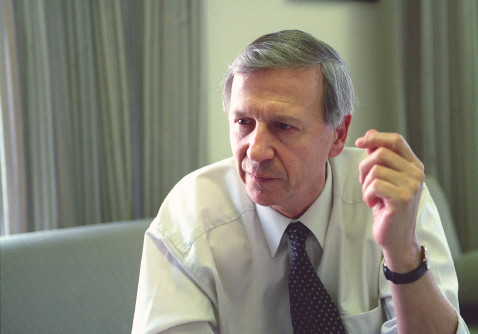
Sir Howard Davies, Director 2003-2011
Howard Davies (1951-) studied at Merton College, Oxford and Stanford Graduate School of Business. He worked at the Treasury and Foreign and Commonwealth Office and 1985–86 and was Special Advisor to Chancellor of the Exchequer Nigel Lawson. Prior to becoming Director of LSE he was Chairman of the Financial Services Authority. Davies was also a trustee of the Tate Gallery and chairman of the Man Booker prize committee in 2007.
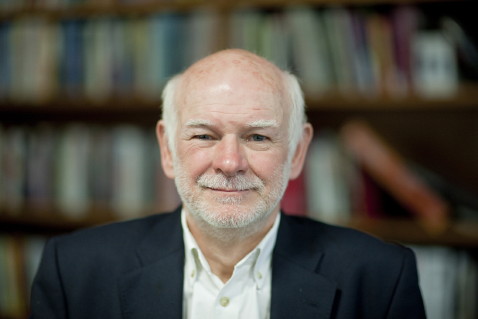
Dame Judith Rees, Director 2011-2012
Judith Rees (1944-) is a geographer and Vice Chair of the Grantham Research Institute on Climate Change and the Environment. She was interim Director of LSE from 2011 to 2012 following the resignation of Sir Howard Davies. She has acted as an advisor to a range of organisations including the World Bank, United Nations Development Programme and Friends of the Earth.
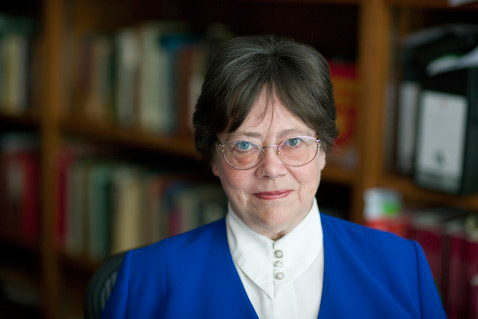
Craig Calhoun, Director 2012-2016
Craig Calhoun (1952-) was born in Watseka, Illinois. He studied in both the USA and Britain gaining his doctorate from Oxford University. Prior to joining LSE he was Director of the Institute for Public Knowledge at New York University. In 2016 he joined the Beggruen Institute in Los Angeles.
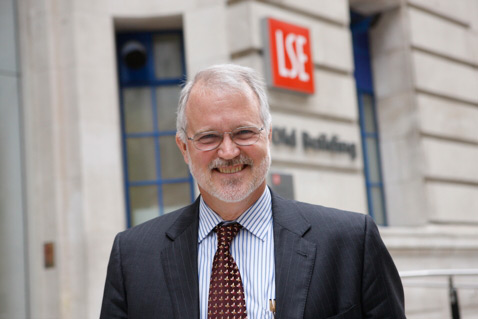
Julia Black, Director 2016-17
Julia Black (1967-) is a lawyer who studied at Oxford and joined LSE’s Department of Law in 1994. In 2015 she became a fellow of the British Academy and is General Editor of the Modern Law Review. She was LSE’s interim Director after the departure of Craig Calhoun.
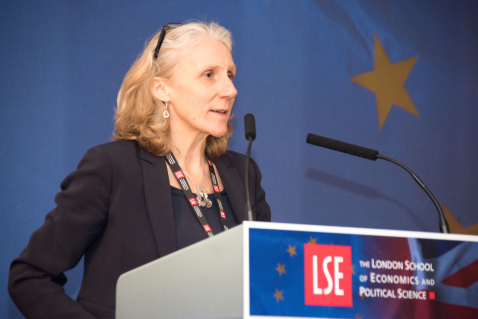
Baroness Minouche Shafik, Director 2017-2023
Minouche Shafik (1962-) was born in Alexandria, Egypt and educated in the United States and the Britain. She is an LSE alumnus, completing an MSc in Economics prior to completing her doctorate at St Anthony’s College, Oxford. In 1999, at the age of 36, she became the youngest Vice President in the history of the World Bank. She has also worked at the UK Department for International Development and the International Monetary Fund. From 2014 to 2017 she was Deputy Governor of the Bank of England before joining LSE. In 2014 she was made a Dame Commander of the British Empire and in 2020 she received a life peerage. Minouche Shafik left LSE to join Columbia University in 2023.
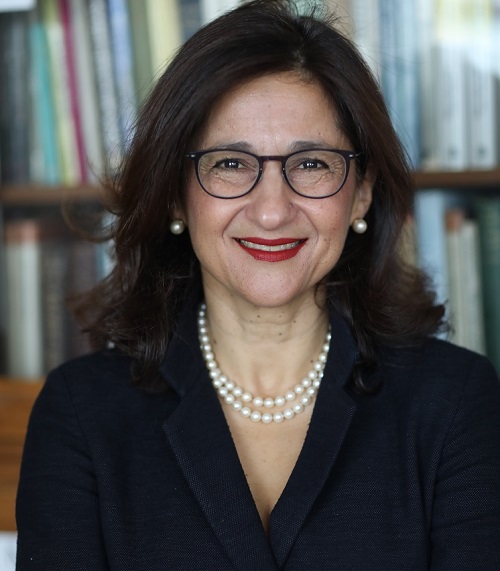
In 2023 the role of LSE Director was retitled LSE President and Vice Chancellor.
Eric Neumayer, President and Vice Chancellor 2023-2024
Eric Neumayer served as Interim President and Vice Chancellor following the departure of Minouche Shafik. An LSE alumni, he is Professor of Environment and Development in the Department of Geography and Environment and in September 2020 was appointed as Vice President and Pro-Vice Chancellor (Planning and Resources). His main research interests lie in environmental economics, international political economy and quantitative research methods.

Larry Kramer, President and Vice Chancellor 2024-present
Larry Kramer came to LSE from the William and Flora Hewlett Foundation, where he served as President from 2012 to 2024. Larry spent most of his career in the academy, most recently as the 15th Dean of Stanford Law School, where he spearheaded significant educational reforms. Larry’s teaching and scholarly interests include American legal history, constitutional law, federalism, separation of powers, the federal courts, conflict of laws, and civil procedure. He is the author of numerous articles and books, including The People Themselves: popular constitutionalism and Judicial Review.



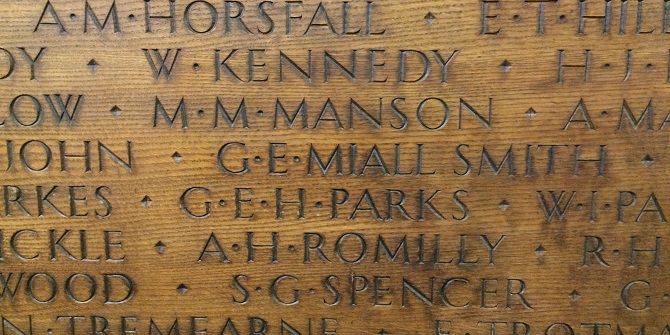


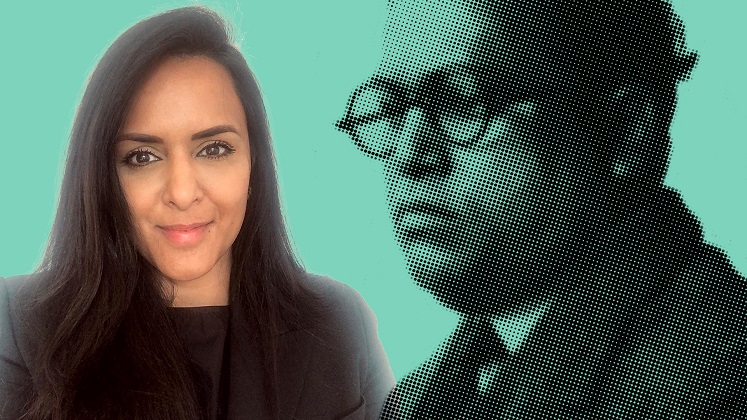
wDelighted to note there have been not less than three female Directors have served LSE.And the present Director was formerly VP of World Bank; such a distinguished Lady she is !
Wondefull to note such a distinguished economist as Baroness Minouche Shafik is the Director of LSE since 2017. May this world famous institution achieve greater glory under her leadership.!